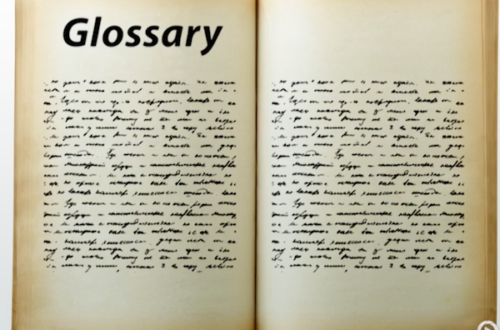If you can spot a spelling mistake or grammatical error from a mile away, you might make an excellent proofreader. Proofreading is a flexible and varied way to make a career, but if you want to take the leap, you might be wondering where to start.
There is a lot of information to bear in mind if you’re set on making proofreading your full- or part-time job. Many professional proofreaders work part-time, often for agencies offering document proofreading services or publishing companies, newspapers, websites or government agencies. It’s secure work, and training and support towards professional development are often provided. Freelance proofreaders, on the other hand, have freedom of choice over which clients they work for. It really depends on what you want to gain from your career.
Capstone Editing is Australia’s premier academic copy editing services, with many years of combined experience in transforming a good piece of academic text into a great one. We’re always looking for skilled and enthusiastic proofreaders to join the team, so if you think a career in proofreading might be for you, read on for some advice on how to make it happen.
What is the Difference Between Copyediting and Proofreading?
There is a lot of confusion when it comes to the difference between proofreading and copyediting.
Proofreading is the final step in the editing process. It involves reading through the text carefully to find and correct any errors. Proofreading does not include language editing for grammar and should not be considered a substitute for copyediting.
Copyediting, on the other hand, is a more comprehensive process. It involves the close review of a document, paying attention to issues of grammar, syntax, word choice, clarity and logic. In addition, general comments might be made on structure and organisation, as well as on information that needs to be cited but hasn’t been. Obvious errors and inconsistencies in the content might also be queried if necessary.
What Skills and Software Do Proofreaders Need?
As well as excellent skills in punctuation and grammar, professional proofreaders need to have a keen eye for detail. Computers are far more advanced nowadays in picking up errors; however, they often miss words that are spelled correctly but are incorrect in the context of the sentence. There are many free editing programs available online, including Grammarly, but these aren’t always reliable and often make incorrect suggestions.
Many proofreaders find text easier to proofread if it’s printed out and physically in front of them, rather than on a screen, so a printer is a good piece of equipment to have.
Should I Take Online Proofreading Courses?
Online proofreading courses are not essential but will stand you in better stead when making a name for yourself as a proofreader. They provide structure and will enable you to develop your existing skills.
If you’d like any further advice on what it takes to be an excellent proofreader, don’t hesitate to get in touch with us. We’d love to hear from you!



